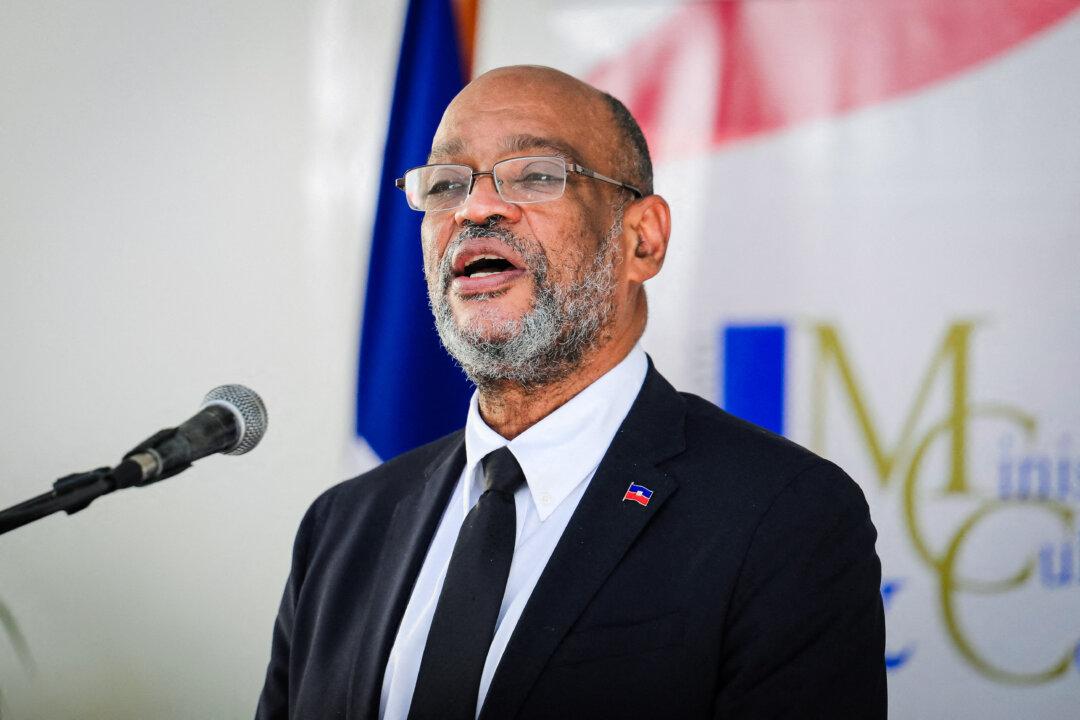Haitian Prime Minister Ariel Henry has announced that he will resign as head of the Caribbean nation once a transitional presidential council has been established and an interim prime minister named.
Mr. Henry made the announcement on March 11 following weeks of international pressure to step down amid rising violence in the country, which has been overwhelmed by gangs, and targeted attacks on infrastructure.




